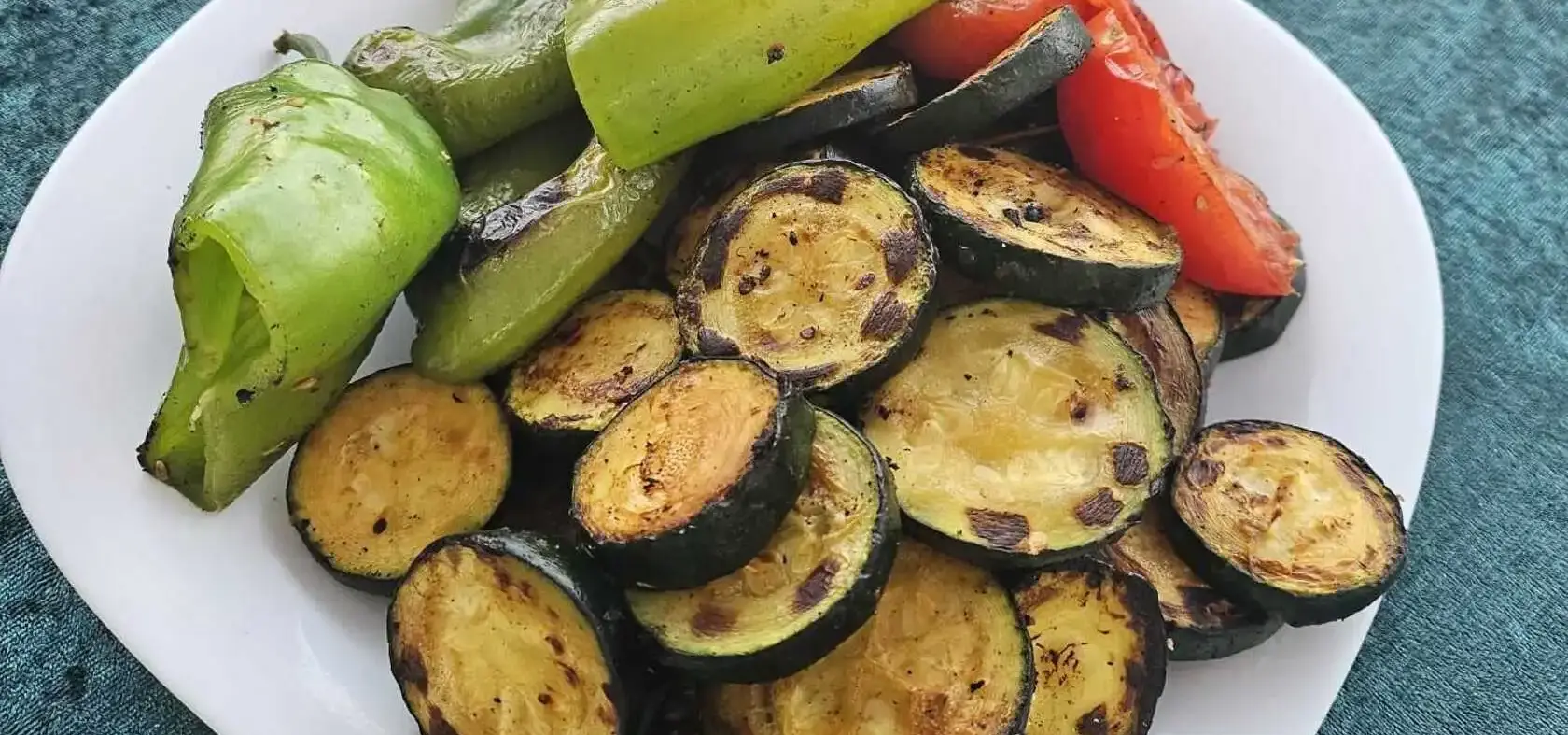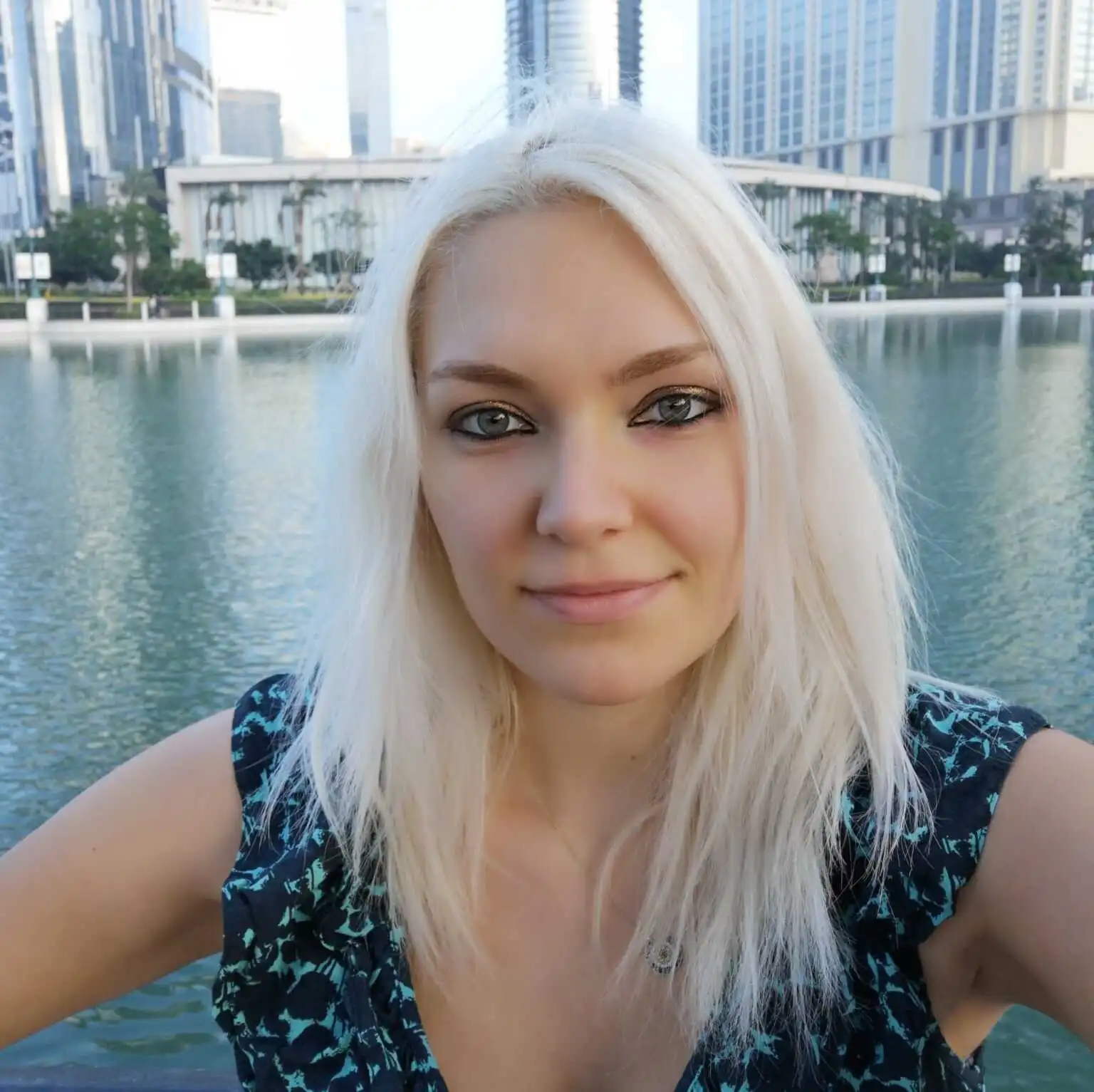Vegan vs. plant based – A simple comparison
People like categories. We all want or need to fit certain boxes in various areas of life. This certainly applies to eating habits and lifestyle. Wherever you create a profile these days, for example in a dating app, there is usually a choice to make regarding your dietary preferences. Are you an omnivore? Vegetarian? Pescetarian? Flexitarian? Vegan? Probably the list of options will grow in years to come, since we all for some reason simply have to identify as something. Let’s look at a very common question: Vegan vs. plant based, what’s the difference?
Vegan vs. plant based: Why do I have to categorise myself?
Of course categories and labeling yourself makes sense in many practical ways. If you’re vegetarian, most people who you’ll mention this to, will acknowledge that you don’t eat meat. Sure, there might still be questions and specific animals pointed out, but usually people get the general idea.
Vegetarian is probably the best known category of the ones mentioned above. Funnily enough, the definition of it has changed quite substantially. As you can easily guess the word is closely related to “vegetable”. And indeed, when it was first used in the 19th century, it was mostly describing people who abstain from any animal product and therefore only eat plant matter.
These days, such behaviour is categorised as being vegan. But also as being plant-based. So vegan vs. plant based, what’s the difference? Reading labels of food items you will find both these words, but almost never together, even though most people don’t understand the difference.
Who is “plant-based” and why?
The term “plant-based” is mainly used in a strictly dietary and nutritional context. You can definitely be plant-based in your eating but not live a vegan lifestyle. Plant-based simply means, that all your meals are free from animal products. You eat plants, that’s it. So isn’t that vegan? Depends!
When you go plant-based with a focus on this very word, you usually focus on the effects the diet has on YOU. You can get rid of your diabetes going plant-based. Surely you can lose a few pounds going plant-based. And most likely you can decrease your odds of heart disease or cancer going plant-based. It’s all about you and how to use nutrition for your own benefit.
And there is nothing wrong with that at all! It’s a great reason to change your habits and it inevitably has positive effects beyond your own health. But, you’re not automatically vegan by going plant-based.
Who is “vegan” and why?
Being vegan can be congruent with being plant-based, but it can also be very very different in terms of daily life and dietary choices. You can be vegan consuming nothing but chips and coca cola. You’re vegan if your goal is to minimise harm to non-human animals. Therefore you can live off junk food as long as no animal is the victim of your food choice.
That’s why being vegan does NOT equal being healthy. This is one of the key differences in the vegan vs. plant based topic. Vegans can be fat, vegans can get diabetes, vegans can have heart problems. Veganism is a category, a label, which by definition has nothing to do with individual health.
Vegan people are always plant-based, but plant-based people are not always vegan. Because veganism regards more areas of life than food. Any product you come into touch with could be vegan or not vegan. Regarding clothes and cosmetics it’s pretty easy these days to differentiate. For example: What’s the vegan vs. plant based issue with a product like shampoo? It might have only plant ingredients, but if it was tested on animals, it’s not vegan.
But is your car vegan? Is it even vegan to own a car in general? Is public transport vegan? You can lead this ad absurdum. The ultimate question many non vegans love so much: is it even possible for any living human to be 100 % vegan?
Is total veganism even realistic?
The clear answer is yes! Because being vegan is about not causing any harm to animals – as far is possible and practicable! It’s not about putting any other creature’s life before your own! If you have head lice, you’d better make sure to kill them all, because they harm you.
If you’re out in the woods and a bigger animal is attacking you, of course you’ll defend your life no matter what it takes and you’ll still be vegan. And if you are trapped on that famous island with nothing but a pig?
Yes, we know, you’ll have a more clever conversation than with the people who keep bringing up this almost every day scenario (irony off). But actually the real question is (irony back on): Provided you have no tools or weapons either on this completely plant-less island, who’s actually gonna win? You or the pig?
Vegan vs. plant based: Do the best you can – plant-based or vegan
So, yes there can be losers and victims because of your sheer existence. And that has never been the concept of veganism. The difference between trying to minimise harm and NOT trying to is massive! There is no need to be perfect. You don’t need to have that zero carbon footprint, save any and every ant by not ever treading on ground again, never buy anything ever again because someone down the line is disadvantaged because of it.
You just do the best you can currently do, whether you’re plant-based, vegan or both. Anything is better than throwing your hands up in the air resigning, because you “won’t make a difference anyway”. You will, you bet you will! Maybe you can’t save millions of animals, but what if you can save one? And inspire others by doing so?
And that’s why putting ourselves in strict categories can be problematic. Vegan vs. plant based, either term can put you off simply by how the media portray or other people think of them. Many people who first look into vegan vs. plant based will perceive both terms as a massive and difficult change of lifestyle.
In such situations humans tend to rather loudly claim to not be interested in it at all rather than admitting that they will find it very difficult to even try. Nobody wants to talk about how they maybe slip up and “fail” halfway through the journey.
Vegan vs. plant based – Not even trying…
Because imagine: You are really trying to be vegan or plant-based or both for the first time ever. But it’s so much harder than you thought, for whatever reason, it doesn’t even matter. What explanation or variations of it would be easier for you to give if confronted with the question of why you’re not vegan?
- Oh I tried it once and it’s not for me, being vegan is so restrictive and I don’t think it’s sustainable. I don’t think it’s healthy anyway. Surely, some people can do it, but because of “reason X” I can’t. Nobody can be perfect anyway.
or - I tried it and it really made me question everything I do. It’s really hard to change my life so dramatically. I can be 50 % percent vegan, that’s it. But I will be as vegan as I can and try my best, even if that doesn’t really make me vegan by definition.
Most likely the second answer would be straight from your heart, provided, you can be sure you won’t be judged, but the first one will be ready on your tongue. Why that is, we will explore in another article. But what if you’re brave enough or simply have the personality to go for something like the second answer? Are you vegan if you’re only 50 % vegan?
Can I be “partly vegan”?
By strict definition no, you’re not. The same way you can’t be 50 % pregnant or 50 % alive. But are you making a difference by consciously avoiding animal products 50 % of the time? Yes! Oh yes! Whether you save 1.000 lives or 1 life, you do more than saving none. In the vegan vs. plant based question you could say that you’re eating 50 % plant based foods. That wouldn’t make you vegan, but the logic stands strong here.
Therefore don’t get discouraged by categories, definitions, numbers or fixed goals. Be vegan, be plant-based, be both, be a bit of both, it doesn’t matter. If you read this far, you clearly care about the whole issue and that means you’re already on the way to more peace.

